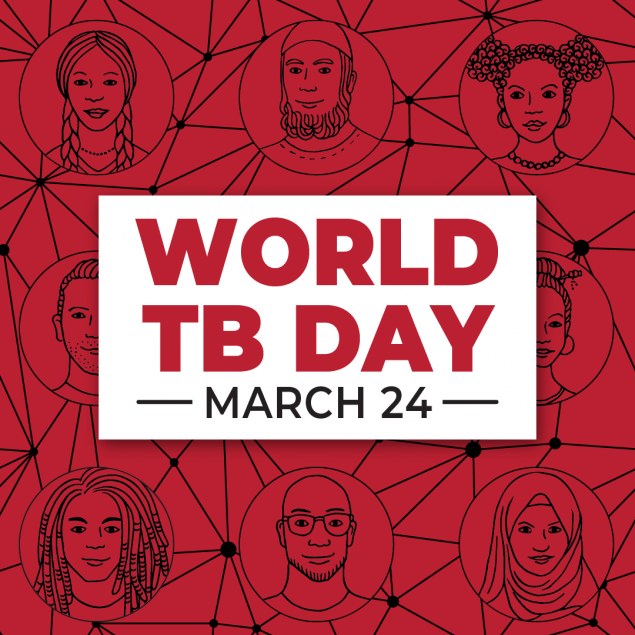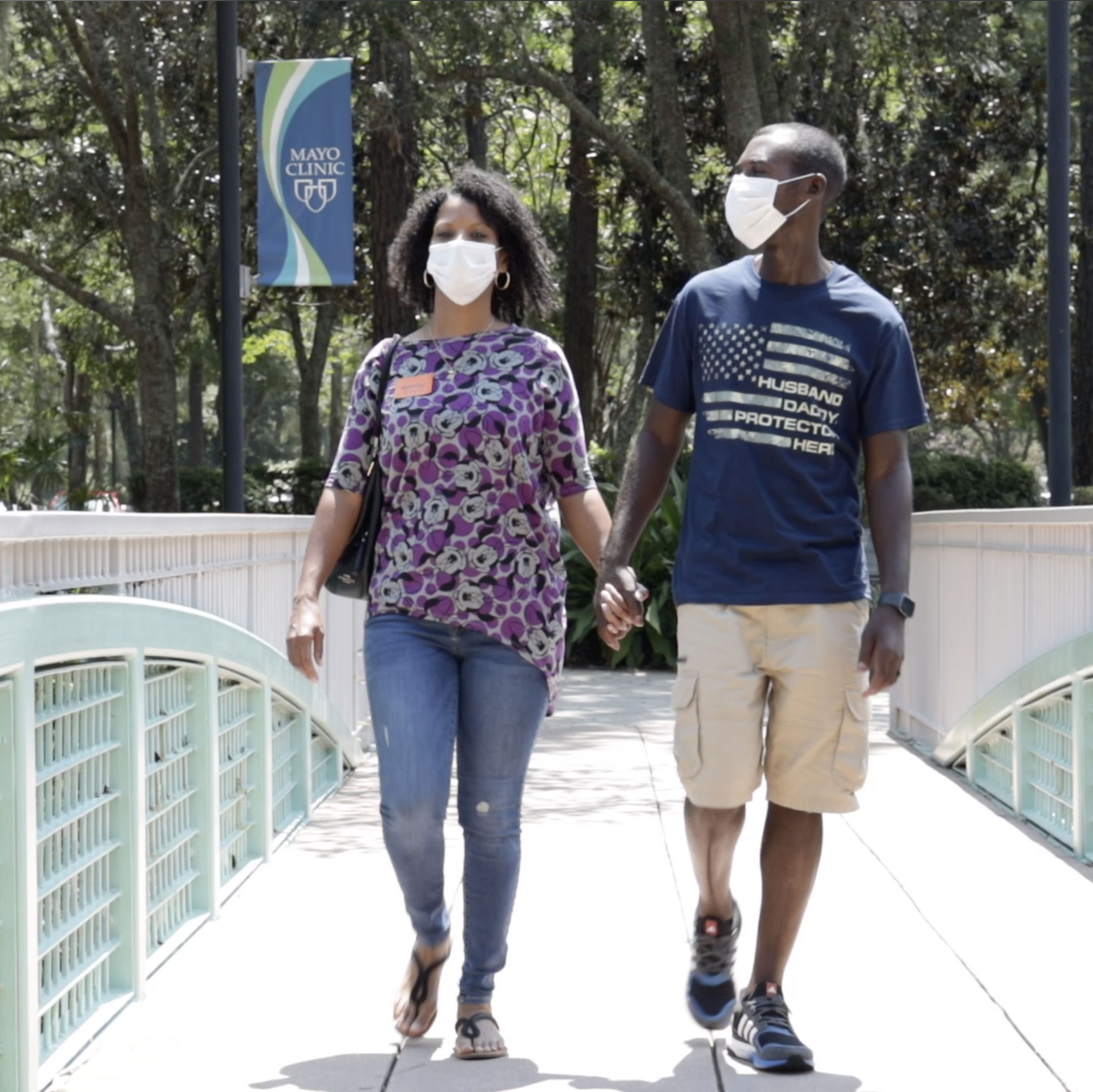International

April 8, 2025
MONTERREY, Mexico — Mayo Clinic has opened a patient information office in Monterrey to assist patients and their families, referring physicians, insurance companies and brokers[...]

January 4, 2021
Explore more topics
 Sign up
Sign up

Mayo Clinic Connect
An online patient support community











